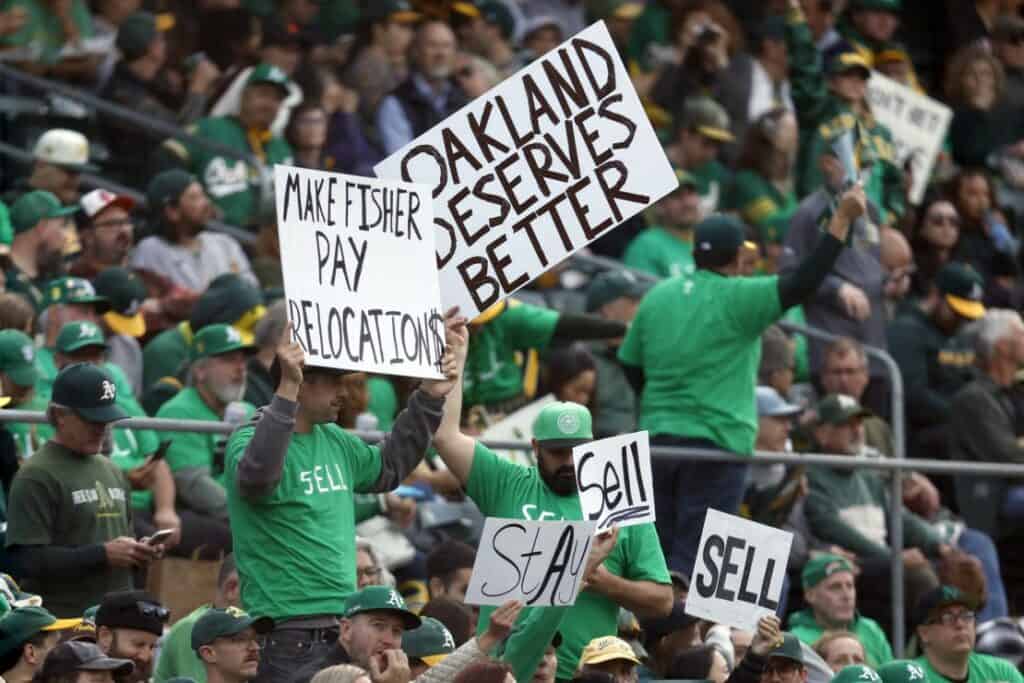Barry Bonds is arguably the most infamous baseball player of the last 30 years, maybe even of all time. He put up some of the craziest numbers we have ever seen, but always gets written off because he got caught using performance enhancing drugs.
The everyday sport fan usually sides with the argument that yes; Bonds’ numbers were great… but he did steroids so those numbers don’t really count.
Bonds is one of several athletes from the ‘90s and early 2000’s involved with steroids. Roger Clemens and Mark McGwire are the two big names next to his, and all three will most likely never be inducted to the baseball hall of fame.
All three athletes, but especially Bonds, racked up numbers and accolades over a certain period of time that we’ve never seen before. If you look at the numbers without his name next to them, you’d assume this player is a sure-thing Hall of Famer, and one of the best to ever play the game.
Unfortunately, it’s not that easy. Steroids will be tied to Bonds for the rest of his life, and it is the one thing that is keeping him out of the Hall. This is wrong, and sadly it’s most likely too late for him to be inducted now. His eligibility years are almost up, and the Hall of Fame committee has showed no sign of giving in.
Barry Bonds needs to be in the Hall of Fame. But before I get to his statistics and accolades, something else needs to be addressed.
Steroids Do Not Teach You How to Hit a Baseball
This is the biggest concept I think few people understand when it comes to players like Bonds.
According to Mayo Clinic, besides making muscles bigger, “anabolic steroids may reduce the muscle damage that occurs during a hard workout, helping athletes recover from the session more quickly and enabling them to work out harder and more frequently.”
Did steroids help in making Bonds a much more physically strong and conditioned athlete? Sure. Bonds without a doubt benefited from steroids in terms of staying in prime physical shape his entire career.
But in no way, shape or form did taking steroids teach him how to hit a baseball.
Hitting a baseball in the MLB might be one of the hardest things to do in sports besides hitting a hole-in-one in golf. Steroids don’t teach you how to square up in the batter’s box and have some of the best plate vision this game’s ever seen.
Can it help you drive the ball further? Sure.
Can it help you hit a 75 mph curveball, or adjust to a 98 mph fastball the next pitch? No.
The fact that people think Bonds’ numbers are solely a result of steroids is crazy. Sufficient practice is what makes you a good hitter, not steroids. There have been hundreds, maybe even thousands of players throughout history that took steroids but were terrible. We never heard about them because the steroids didn’t make a difference.
And the most satisfying part of it all: Bonds was good before he started using… which further bolsters my argument.
The Early Years
Embed from Getty Images
During the legal cases involving steroids and baseball, sworn documents list 1998 as the first known offense of Bonds using steroids. He was 33 in 1998.
Bonds entered the MLB at 21 years old in 1986 as a member of the Pittsburgh Pirates. So how did he do in those first 12 seasons?
From ‘86-‘97, Bonds had 1,750 hits, 374 home runs, 1,094 RBI’s, 417 stolen bases and walked 1,227 times to go along with a .288 batting average.
People forget stealing bases was a large part of his early career. He averaged 35 a year in this span, highlighted by stealing 52 bases in 1990.
Bonds also led the sport in the OBP/SLG/OPS slash back-to-back years in 1992-1993. He led the league in walks for 5 of these first 12 years, something he continued to do until the end of his career. He also led the MLB with 46 home runs in 1993.
But most importantly, Bonds won three MVP’s before he turned 30. Bonds took home the award three times in four years from 1990-1993, in which he came in second in voting the one year he did not win.
Bonds’ Career Numbers Are All-Time
Embed from Getty Images
When you zoom out and look at what Bonds did across a 22-year career, it’s truly unbelievable.
Bonds finished his career with the most walks and intentional walks of all-time. In fact, nobody in the history of baseball was intentionally walked with the bases loaded more than Bonds. Bonds led the MLB in walks nine different seasons, highlighted by taking his base 232 times in 2004.
And, of course, Bonds has the most career home runs with 762 after breaking Hank Aaron’s record of 755. He averaged 41 a year, and broke the single-season record with 73 in 2001.
Bonds posted a career .298 batting average and 1.051 OPS. He rarely missed games, playing 130 or more in 18 of his 22 seasons.
Interestingly enough though, Bonds never eclipsed the coveted 3,000 hit mark. He retired 65 hits shy with 2,935.
However, his accolades more than cover for those 65 hits.
Bonds won the MVP award seven times, more than any other baseball player ever. Four of the seven came consecutively in 2001-2004. Those seven are four more than the second best, Stan Musial and Albert Pujols, who are tied with three MVP awards each.
Bonds won eight Gold Gloves, 12 Silver Sluggers, won the batting title twice, and was selected to the All-Star team 12 times in a 13-year span. He finished with 14 total selections.
Bottom Line
Embed from Getty Images
At the end of the day, Bonds will most likely not make it into the Baseball Hall of Fame. If he gets in, the other steroid-era players like Clemens and McGwire would by default have to be in too, and that might be a controversy the Committee wants to avoid.
The Baseball Hall of Fame voting committee is infamous for mishandling legacies and situations including not voting guys in.
Bonds is one of these mistakes.
The concept of steroids having nothing to do with being able to hit a baseball is not addressed enough when Bonds’ legacy is evaluated. It’s sad.
10 years from now, when all the smoke has cleared, we’ll look back and realize it is truly a shame Barry Bonds isn’t in the Baseball Hall of Fame.




